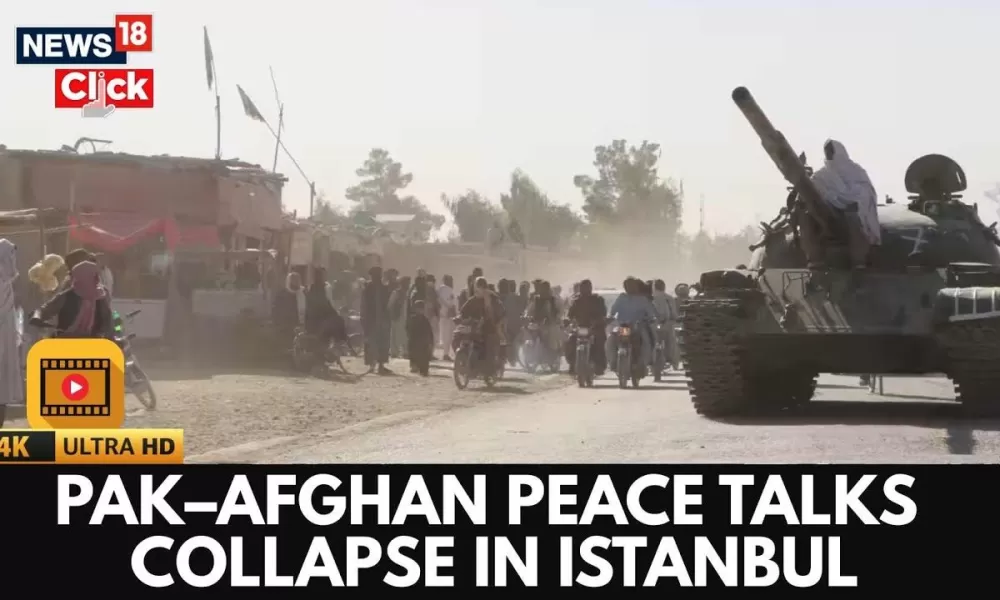Echoes of Inequality: When Academia Fails Its Own, Again
Share- Nishadil
- November 09, 2025
- 0 Comments
- 3 minutes read
- 41 Views

Casteist Remarks Alleged: Kerala University Professor Faces Charges Amidst Troubling Past
A Kerala University professor is under fire, facing serious charges of casteist remarks against a research scholar, reigniting concerns about deep-seated prejudices within academic institutions. This isn't his first brush with controversy, sparking crucial questions about accountability.
Something profoundly unsettling is unfolding within the hallowed halls of Kerala University, a story that, sadly, feels all too familiar. A professor, a figure meant to guide and inspire, now stands accused of casteist remarks, shaking the very foundations of trust and equality within the academic community. It’s not just a legal matter; it’s a searing indictment of how deeply prejudice can run, even in places where enlightenment should prevail.
The central figure in this troubling narrative is Dr. K.M. Prasanth, a research scholar whose pursuit of knowledge has been marred by an alleged incident involving Professor K.S. Anil Kumar, the head of the Department of Archaeology. Imagine this: Prasanth, simply trying to access the university library — a basic right for any scholar, wouldn’t you agree? — is reportedly barred by a security guard. A complaint follows, a perfectly reasonable step. But what came next, allegedly, was a phone call from Professor Anil Kumar, brimming with casteist abuse, an attack on Prasanth’s very identity. It truly makes you wonder, doesn't it, about the kind of environment some students are forced to navigate.
And so, the wheels of justice, or perhaps, accountability, have begun to turn. Police in Kerala have registered a case against Professor Anil Kumar under the stringent Scheduled Castes and Scheduled Tribes (Prevention of Atrocities) Act. It’s a serious charge, one that underscores the gravity of such discrimination. The university, for its part, acknowledges the situation, with a spokesperson confirming that an internal inquiry is indeed underway. But here's the thing: is it enough? Are inquiries, in themselves, a solution?
Here's where the story takes a particularly frustrating turn, revealing a pattern rather than an isolated misstep. This isn't Professor Anil Kumar's first dance with controversy. Back in 2022, other scholars leveled accusations of mental harassment against him. Both the State Human Rights Commission and a university inquiry investigated these claims, and both, tellingly, found him guilty. Yet, despite these damning findings, no substantial action was reportedly taken. One can't help but ask: why? Why the apparent inaction, allowing such alleged behavior to persist and, well, resurface?
Dr. Prasanth, too, has unfortunately traversed this path before. In July 2022, he reportedly faced another instance of alleged obstruction from the same professor, denied permission to attend a workshop. That incident, too, prompted a complaint to the SC/ST Commission. It paints a picture, doesn't it? A persistent struggle against what seems to be a deeply entrenched issue, a systemic challenge for those seeking genuine academic freedom and respect.
Ultimately, this unfolding drama at Kerala University isn't just about a single professor or a lone scholar. It’s a mirror held up to society, reflecting uncomfortable truths about power dynamics, institutional accountability, and the insidious nature of caste discrimination that, honestly, continues to plague our systems. When will the findings of inquiries truly lead to meaningful change? And when will our academic spaces truly become havens of learning and respect for everyone, without exception? It’s a question that demands an urgent answer, for once and for all.
- India
- News
- Politics
- PoliticsNews
- Discrimination
- SocialJustice
- PoliceCase
- CasteDiscrimination
- KeralaNews
- IndiaEducation
- ScStAct
- ScheduledCastes
- UniversityInquiry
- CasteistRemarks
- KeralaUniversity
- UniversityControversy
- SanskritDepartment
- PublicInsult
- CNVijayakumari
- ThesisRefusal
- AcademicDiscrimination
- VipinVijayan
- SreekaryamPolice
- ResearchScholar
- AcademicHarassment
- ScheduledCastesAndTribesAct
- KSAnilKumar
- KMPrasanth
Disclaimer: This article was generated in part using artificial intelligence and may contain errors or omissions. The content is provided for informational purposes only and does not constitute professional advice. We makes no representations or warranties regarding its accuracy, completeness, or reliability. Readers are advised to verify the information independently before relying on







